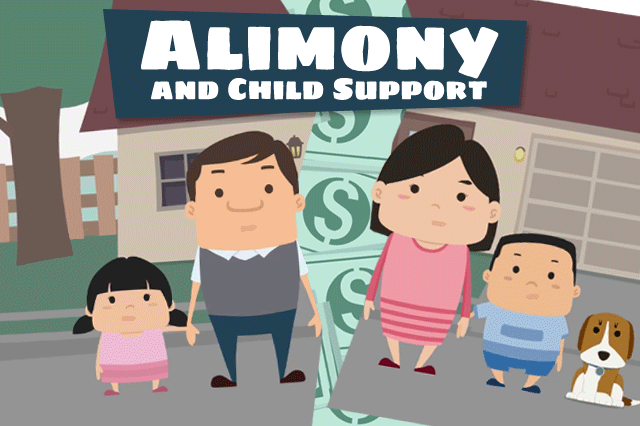How Alimony and Child Support Affect Your Debt Ratio

If you have monthly financial responsibilities that include paying alimony or child support, there are FHA loan rules your lender will use to determine how such payments affect your debt ratio. The amount of debt you have to pay each month is compared to your income and the debt must not exceed a certain percentage.
How do factors like alimony, maintenance, and child support payments affect those who pay them for the purposes of home loan approval?
The FHA Single-Family Home Loan Handbook, HUD 4000.1, begins by describing the FHA definition of these terms:
“Alimony, Child Support, and Maintenance are court-ordered or otherwise agreed upon payments.”
Your lender will require documentation that describes the agreement, the FHA loan applicant’s financial commitment, etc. In general, child support payments and maintenance payments are considered by the FHA to be a “recurring liability” and that financial obligation is included in your debt-to-income ratio.
Where alimony is concerned, HUD 4000.1 states:
“For Alimony, if the Borrower’s income was not reduced by the amount of the monthly alimony obligation in the Mortgagee’s calculation of the Borrower’s gross income, the Mortgagee must include the monthly obligation in the calculation of the Borrower’s debt.”
But the lender is also required to exercise due diligence in this area. The lender is required to obtain the official paperwork that establishes these payment agreements. That paperwork can include court orders, divorce decrees, etc.
The lender must also:
“Obtain the Borrower’s pay stubs covering no less than 28 consecutive Days to verify whether the Borrower is subject to any order of garnishment relating to the Alimony, Child Support, and Maintenance.”
And how does the lender calculate the monthly obligation described in all that paperwork? HUD 4000.1 instructs the lender to use a specific procedure-determine which is the greater of either the amount shown on “the most recent decree or agreement establishing the Borrower’s payment obligation” or the monthly amount of any applicable wage garnishment.
Ask a loan officer if you are not sure how these rules may affect your home loan transaction.
------------------------------
RELATED VIDEOS:
Don't Skip the Home Inspection
Bigger is Better With a Jumbo Loan
Insuring Mortgages With the FHA Funding Fee

Do you know what's on your credit report?
Learn what your score means.







